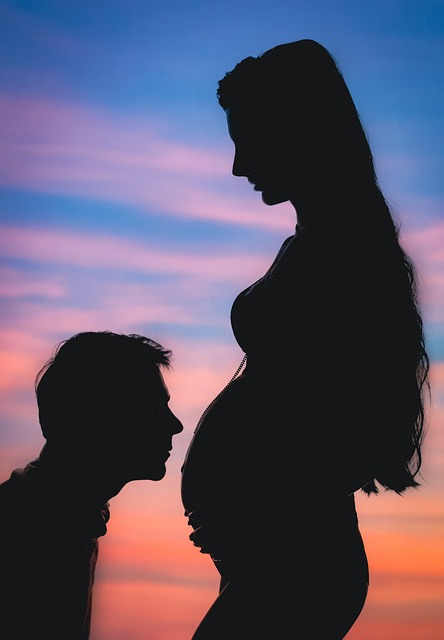In vitro fertilization (IVF) with egg donation has provided hope and a pathway to parenthood for many couples struggling with infertility. However, the journey towards building a family through assisted reproductive technologies can be complex, and the possibility of IVF failure after egg donation is a harsh reality that some individuals face. This article explores the emotional aspects of coping with disappointment and navigating the next steps when IVF with egg donation does not result in a successful pregnancy.

Understanding the Emotional Impact:
Experiencing IVF failure after egg donation can be emotionally devastating for couples who have invested significant time, energy, and resources into the process. Feelings of grief, frustration, and sadness are common, and individuals may grapple with a sense of loss and unfulfilled dreams. It's crucial to acknowledge and validate these emotions, recognizing that each person's journey is unique.
Seeking Support:
Navigating the aftermath of failed IVF with egg donation often involves seeking emotional support. Couples may benefit from professional counseling to help process their feelings and explore coping mechanisms. Support groups, both online and in-person, provide a platform for sharing experiences and connecting with others who have faced similar challenges. Building a support network can be instrumental in helping individuals and couples cope with the emotional toll of infertility.
Reevaluating Goals and Options:
After IVF failure, individuals and couples need to reevaluate their goals and consider alternative paths to parenthood. This may involve revisiting the decision to pursue egg donation or exploring other assisted reproductive technologies. Some couples may choose to take a break from fertility treatments to focus on their emotional well-being and relationship before deciding on their next steps.
Understanding the Medical Aspect:
IVF outcomes can be influenced by various factors, including the age and health of the recipients, the quality of the donor eggs, and the overall health of the embryos. In some cases, a thorough medical evaluation may uncover specific reasons for the failure, guiding future treatment decisions. Understanding the medical aspect can empower individuals with information as they consider their options moving forward.
Exploring Adoption:
For some couples, failed IVF with egg donation may prompt a shift towards adoption. Adopting a child provides an alternative pathway to parenthood and can be a fulfilling option for those who have experienced disappointment in assisted reproductive technologies. Exploring adoption opens up new possibilities and allows individuals to create a family through different means.
Conclusion:
Experiencing IVF failure after egg donation is a challenging and emotional journey. Acknowledging and processing these emotions, seeking support, and reevaluating goals are crucial steps in moving forward. Whether individuals choose to continue with fertility treatments, explore alternative paths to parenthood, or take a break to focus on their well-being, it's essential to approach the journey with resilience, hope, and an open heart.



